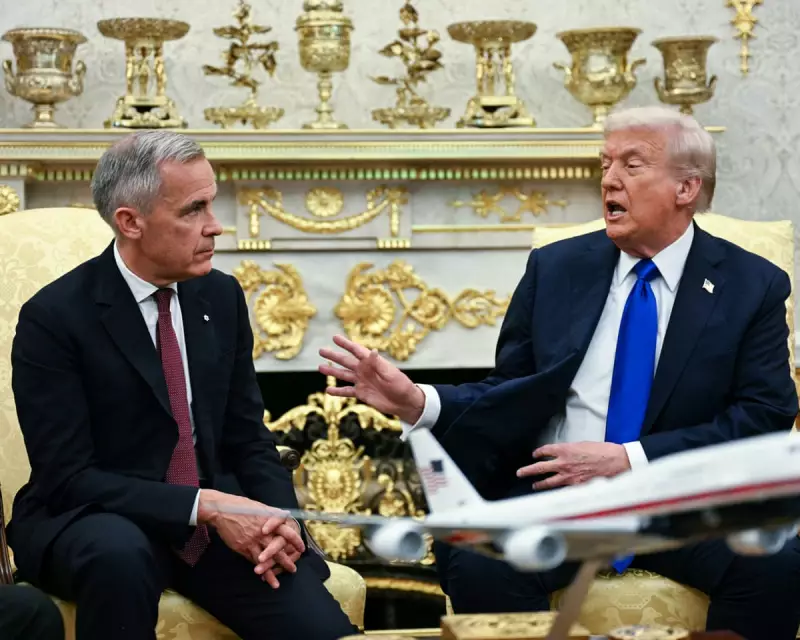
Donald Trump has laid out a sweeping vision for a potential second term that would dramatically reshape American governance, with immigration crackdowns and constitutional challenges at its core. The former president's ambitious blueprint signals a fundamental shift in how executive power might be wielded.
Immigration Overhaul Takes Centre Stage
The most striking proposals centre on immigration enforcement, where Trump promises unprecedented measures. His plan includes mass deportations and the creation of vast detention facilities, representing what critics call the most aggressive anti-immigration stance in modern American history.
Key immigration proposals include:
- Launching the largest domestic deportation operation in US history
- Establishing massive detention camps near the border
- Challenging birthright citizenship through executive action
- Implementing extreme vetting for all visa applicants
Constitutional Boundaries Tested
Beyond immigration, Trump's agenda would test the limits of presidential authority. He's suggested he might disregard certain constitutional provisions he deems "unwise," raising alarms among legal experts and political opponents about the potential erosion of democratic norms.
The former president has specifically targeted the 14th Amendment's citizenship clause, arguing it shouldn't apply to children of undocumented immigrants. This position sets up a potential constitutional showdown that could reach the Supreme Court.
Federal Bureaucracy in the Crosshairs
Trump's plans extend to a comprehensive overhaul of the federal government itself. He aims to purge career civil servants he views as disloyal, replacing them with political appointees who would more aggressively implement his agenda without traditional bureaucratic resistance.
This approach has drawn comparisons to authoritarian leadership styles and sparked concerns about the politicization of non-partisan government institutions.
Political Fallout and Democratic Response
Democrats and some moderate Republicans have sounded alarms about what they describe as an assault on democratic institutions. They argue that Trump's proposals would fundamentally alter the balance of power between branches of government and undermine constitutional protections.
Meanwhile, the former president's supporters see these plans as necessary corrective actions to what they perceive as systemic problems in federal governance and border security.
As the political battle intensifies, these proposals are likely to dominate the national conversation about the future of American democracy and the proper limits of presidential authority.





